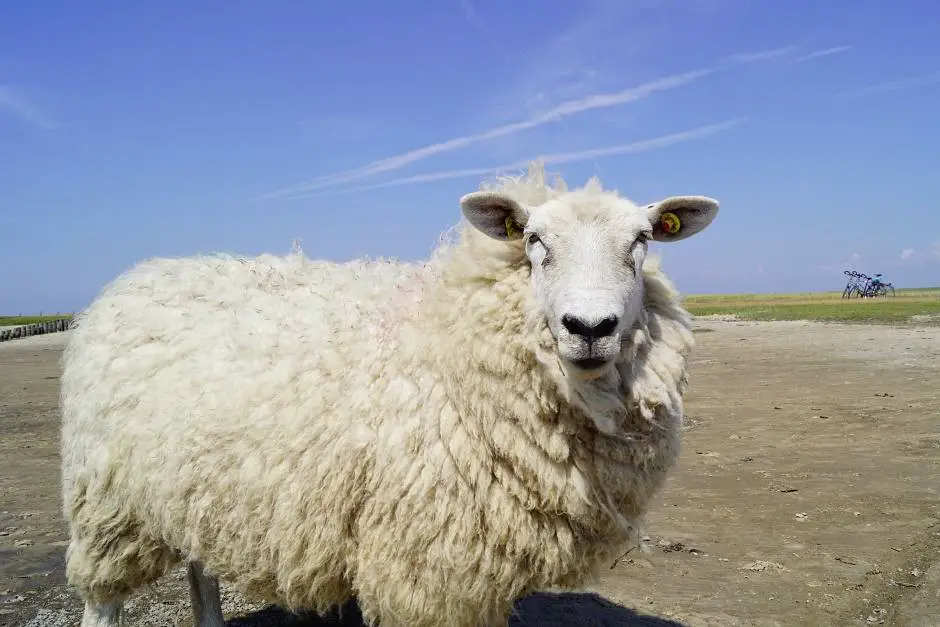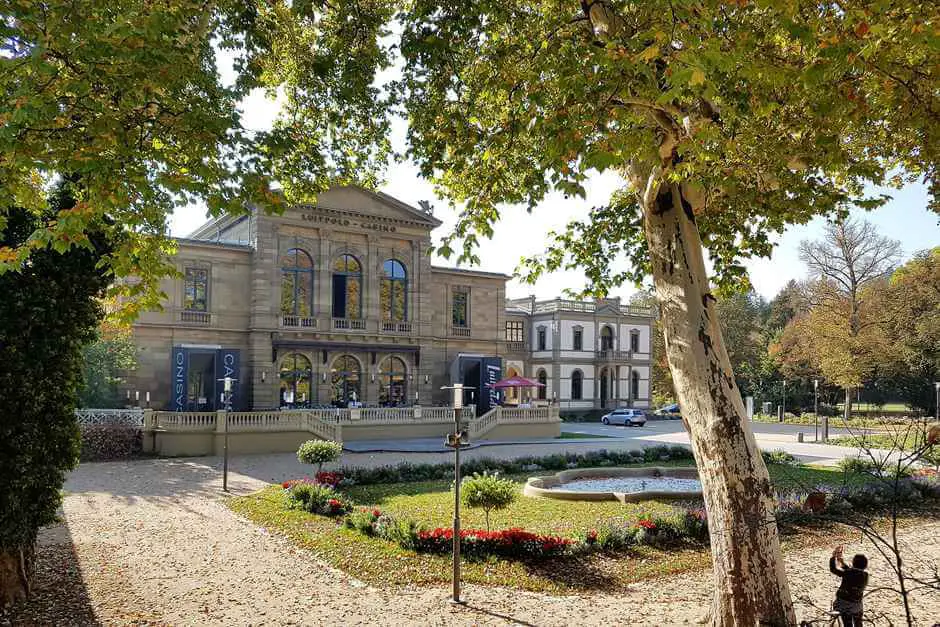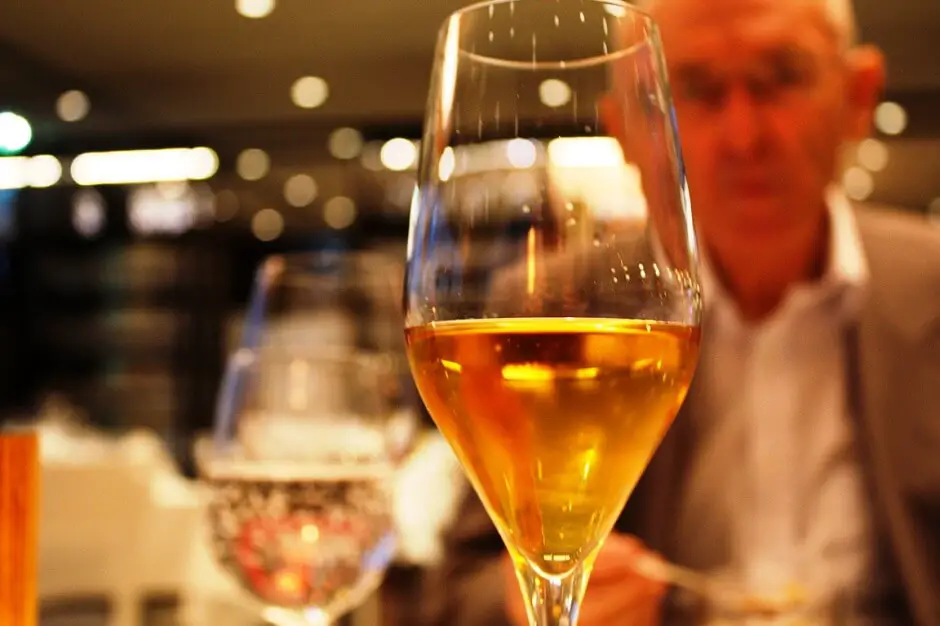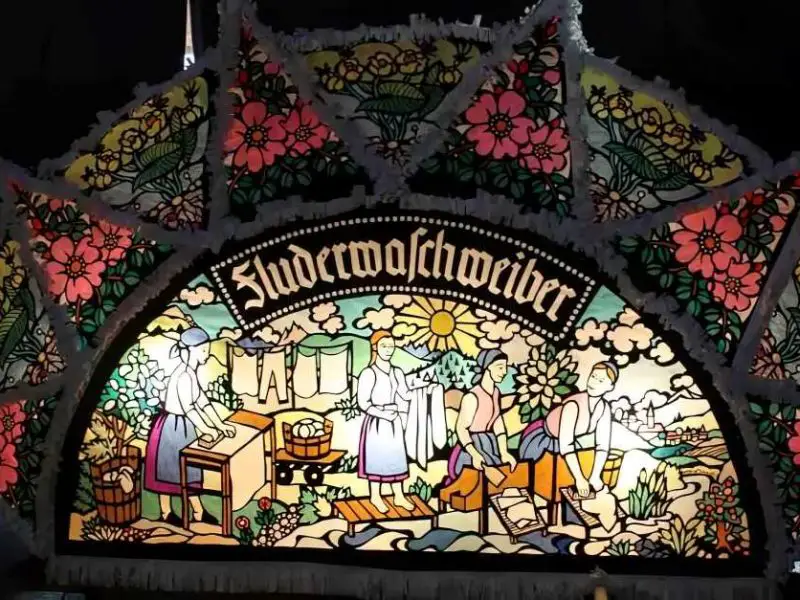Welcome to our interview with Elke Weiler, a renowned author and travel blogger for the popular blog "Meerblog". Elke Weiler recently published her new book titled Slow Travel in Schleswig-Holstein and today takes the time to talk to us about her travel experiences and her passion for slow travelling.
Elke Weiler is a well-known personality in the travel industry and has made a name for herself with her compelling travel stories and perspective on travel. As a travel blogger from Meerblog, she has inspired numerous readers with her stories and tips. Her latest work, "Slow Travel in Schleswig-Holstein", is another milestone in her career and invites readers to discover the beauty and diversity of the northern German state in a very special way.
In her book, Elke Weiler addresses the concept of Slow Travel, which embodies a conscious and decelerated way of travelling. It invites readers to experience Schleswig-Holstein with all their senses, to take their time, enjoy the scenic beauty and engage with the people and their stories. She presents special places, hidden treasures and unique encounters that make Schleswig-Holstein a fascinating travel destination.
In the course of the interview we will delve deeper into Elke Weiler's world of thought and learn more about her motivation for promoting Slow Travel. We will also learn how she puts her own travel experiences in Schleswig-Holstein into words and what message she wants to convey to the readers. Stay tuned for a conversation with an author who encourages us to explore the world's beauty in slow increments. Here is our interview with Elke.
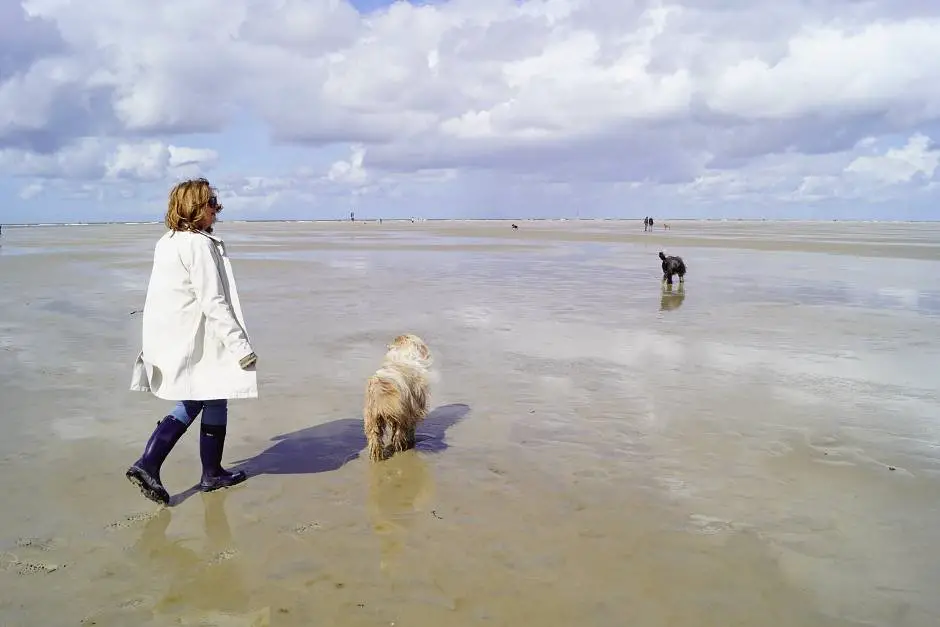
Elke Weiler on the subject of Slow Travel in Schleswig-Holstein
What made you decide to deal with the subject of slow travel?
I would describe myself as a slow person who also prefers to travel slowly. Always. It wasn't possible for me professionally for a long time, and yet I loved the press trips over the years. They gave me the opportunity to get close to the people, to the nature and culture of an area. It felt like local journalism elsewhere. At the same time, you are cooped up in a strict plan and wish you had more time for everything. Just doing nothing and letting the new things take effect.
Slow Travel stems from the need for more rest and time in a hectic world. Therefore, today one needs a word for this type of travel. My ideal corresponds to, let's say, naive travel, that of the past. As I say in the foreword of the book: My journey to Italy began on the train. With fellow travelers and their stories. Every trip was initially simple and without a big plan, but peppered with openness and curiosity. The opposite of a well-organized trip.
How do you see the impact of Slow Travel on the environment and local culture?
A vacationer who doesn't just stay in an all-inclusive resort but goes outside and visits the small bars in the village has a much better chance of experiencing the locals, their music, their creativity, their language, their rhythm of life, her kitchen. This in turn strengthens local life and maintains the shops and restaurants. Perhaps the slow traveler would book a hostel run by locals instead of staying at one of the international chains. So you could classify slow travel as an authentic way of travelling, in any case you are closer and prefer to experience than to be entertained in any way. Mindfulness, certainly an overused term, plays an important role for the Slow Traveller. Respect for people, their culture and nature.
Can you give us some specific examples of slow travel destinations?
Honestly no. Whether I'm subletting in New York for four weeks and getting to know the neighborhood and experiencing some of the cultural offerings there, or looking at the dunes and the sea in Denmark - in both cases I'm interested in the place and what I feel the spirit of place.
And based on your book: To what extent is Schleswig-Holstein particularly suitable for slow travelers?
We not only live between two seas, Schleswig-Holstein already scores with its rural character, the wide view and the many waters, also inland. The rivers, the Kiel Canal, the lakes, the moors. And not to forget: the peace and cosiness of the people. The stress and hectic pace of everyday life are quickly faded away.
Tranquility and intimacy feature more frequently in the articles in the book. Are these basic terms for you in Slow Travel?
In my opinion, the slow traveler is looking for relaxation and a break from everyday life during the holidays, so the silence of a place is like balm for the soul. With intimacy, it's more complicated. In order to experience them, you need antennas. Which in turn presupposes that you have already arrived on site and that your receptiveness and curiosity are activated, so to speak. Which takes more or less time depending on the goal (and the difference to your own environment). You just have to take your time. Hectic sightseeing doesn't help.
How important are sustainability and environmental protection to you when it comes to Slow Travel?
As mentioned above: sustainability and slow travel go hand in hand. I would even say they belong together like salt and sea. For example, if I can avoid a flight within Europe because there is a good train connection, I also have the opportunity to meet people and experience things during the train journey.
What effects does the time factor have on the travel experience with Slow Travel?
Although slow travel is diametrically opposed to fast consumption of so-called highlights of a travel destination, I think that it is also possible to be able to go into a place intensively in a short time. If you take more time, you will definitely drive better. The further away the vacation spot is from your own, the more time you should take for it, if that is somehow possible. I think the more you can do justice to a new and arguably more exotic location.
How do you deal with the challenges that slow travel brings?
Basically, it is important not to overwhelm yourself. There is actually no instruction manual for Slow Travel. And everyone who deals with it a bit sets their own priorities. For me, the most important driving force when traveling is curiosity. At the same time, I'm shy, so I don't tend to impose myself. A certain openness helps. Can I see what's happening on site? Knowledge of languages would be enormously helpful with this concept of slow travel. But that shouldn't stop anyone from embarking on the adventure of non-verbal communication.
How important is slow travel to you when it comes to slow travel?
Basically, it is of enormous importance to me both in everyday life and on vacation, as deceleration offers me the opportunity to regenerate. It starts with the arrival: I would always prefer a six-hour train journey to a six-hour car journey. Especially within Germany, where sometimes combative conditions prevail on motorways and country roads. I would also prefer to travel by ferry to a flight within Europe, if possible. You can already relax on the water. The car is in good hands at home, if you have one at all.
How do you find your travel destinations and how do you go about planning them?
I don't like to plan and am initially open to all directions. Of course, a lot depends on your needs. As a family, we have been going to one and the same place in Denmark for years, which we love more with every visit. The area is characterized by the sea and an incredible dune landscape. And that's – apart from the niceness of the people there – everything. I love visiting old homes. Meeting old acquaintances and friends. A few phone calls or e-mails are also part of the preparation. Everyone probably has at least one longing for which they don't even know why it is that of all things, but one definitely wants to go there. I have Greenland. Apart from the journey and overnight stay, I don't plan anything at first. Although I, influenced by numerous documentaries and articles, already have certain ideas and wishes for the time on site.
What does your ideal slow travel trip look like and what are your favorite activities?
It depends. When I'm out and about in a city, I'd like to go to the cinema, even if I don't speak the language. A great experience. When I'm in Italy, for example, I want to have breakfast the way the Italians do: cappuccino and cornetto while standing at the bar. Exchanging three words with the barista is how the day can begin. Riding a bike in rural areas, letting the wind blow in my face. Have a picnic. Look out for local literature. Buy a novel in Portuguese because of the cover and think, one day I'll learn Portuguese. And quite often just sitting around and looking.
Do you have a favorite travel destination as a slow traveler?
My favorite travel destinations are more personal. I discovered them at some point and found myself in them. Through encounters and experiences, which in turn became a part of me.
What is the first advice you would give to newcomers to slow travel?
I think slow travel has always existed, but slow travel has become more important in recent years and has been given this label. It is an attitude and also a desire to approach an area and its people in a gentle way. In this sense perhaps: stay curious and flexible! Being open-minded is not only useful on the go, but also quite useful at home.
Thank you very much for the interview about Slow Travel in Schleswig Holstein
We would like to thank Elke Weiler for giving us an insight into her world of slow travel and her new book "Slow Travel in Schleswig-Holstein". Her passion for conscious travel and the dedication she puts into her work are inspiring.
Elke's experiences and tips are valuable for anyone who wants to make traveling more conscious in a hectic world. Through their stories, one learns the importance of taking our time and appreciating the small details and encounters we encounter on our travels. Your book invites us to discover Schleswig-Holstein the Slow Travel way and to accept the slowdown as a valuable enrichment of our travel experiences.
Elke's ability to use her words to create images in our heads and to bring us closer to the beauty and diversity of Schleswig-Holstein is impressive. Her love of nature and her openness to new people and cultures are inspiring and encourage us to be more conscious about our own travel adventures.
In a world often characterized by haste and hectic, Elke reminds us that travel is not a race, but an opportunity to connect with the world and discover ourselves. So let's take the time to explore the beauty of the places that surround us and be the travelers we want to be - mindful, curious and open to whatever comes our way.
Thank you Elke for this conversation and for showing us that the true beauty of travel is in the small, slow moments. We look forward to continuing to follow your travel reports and maybe even exploring Schleswig-Holstein ourselves with Slow Travel. See you soon!
You can get Elke's book Slow Travel in Schleswig-Holstein in bookstores or you can order via Amazon*.
If you purchase via a link marked *, we receive a commission, which we use to run this blog.

Do you know this?
- Slow Travel Tips
- Is slow travel the art of traveling with pleasure?
- Munich bike tours for beginners - Interview with Elke Homburg
- Sweden
Monika Fuchs conducted the interview about Slow Travel in Schleswig-Holstein.
